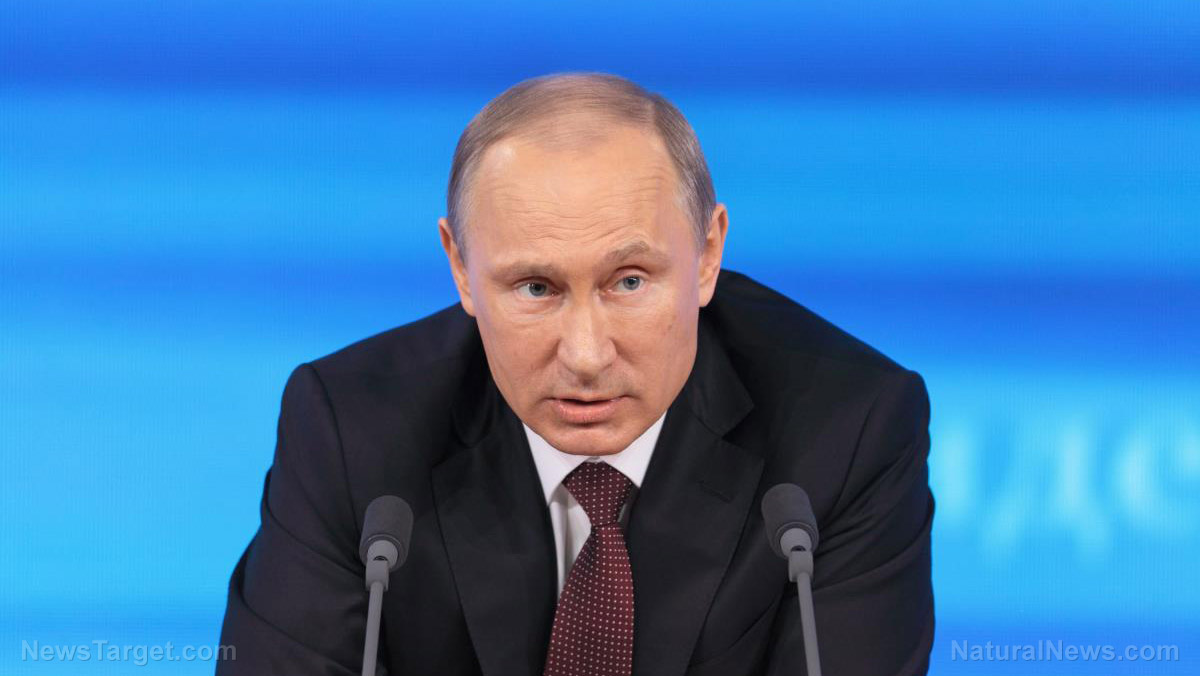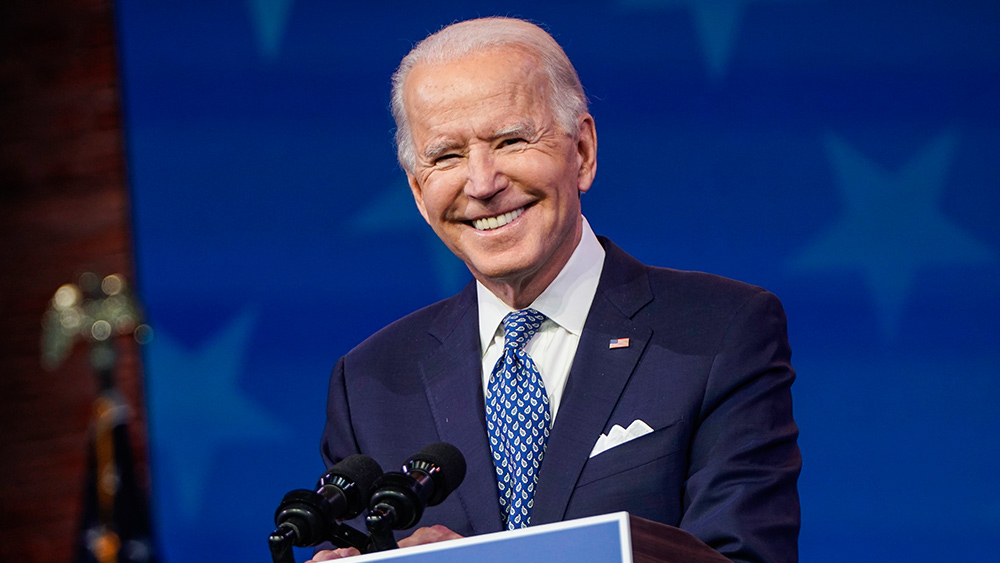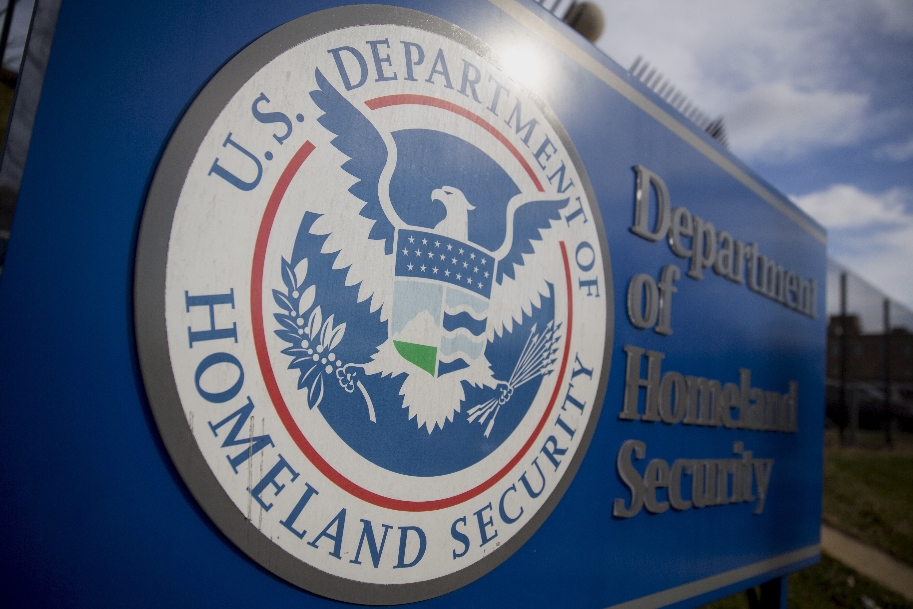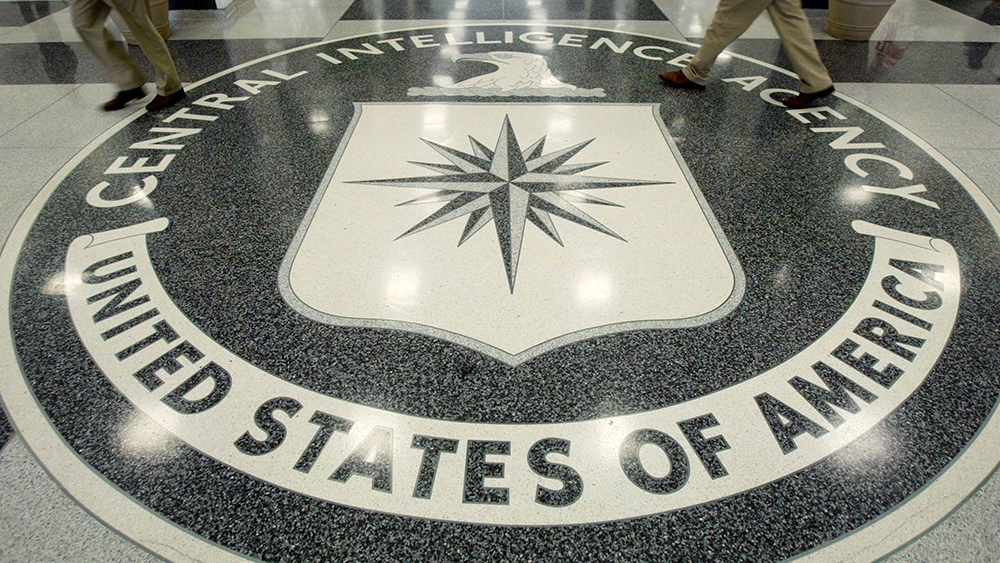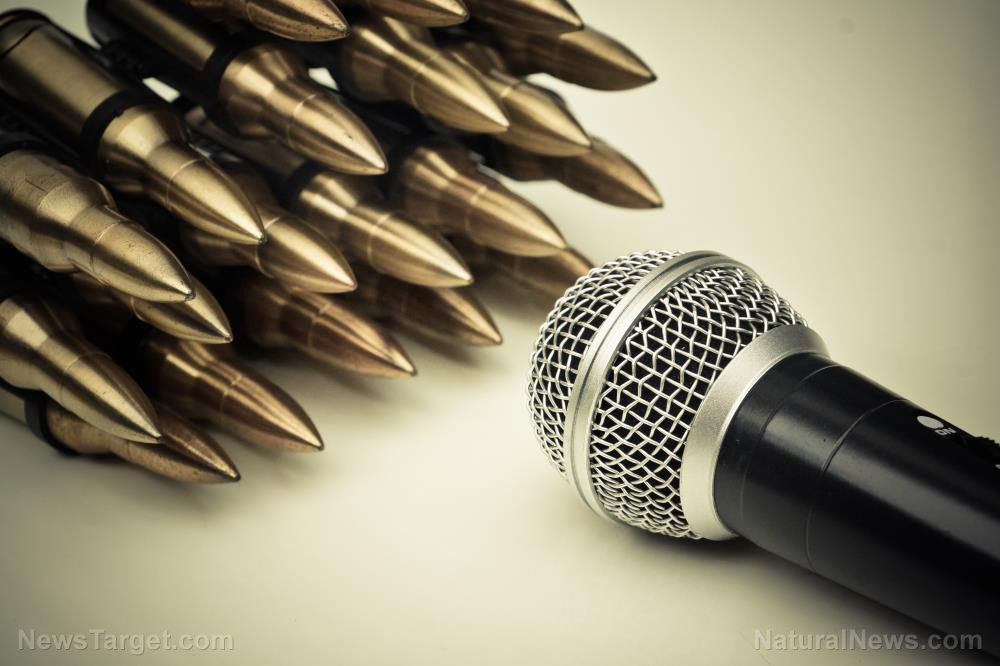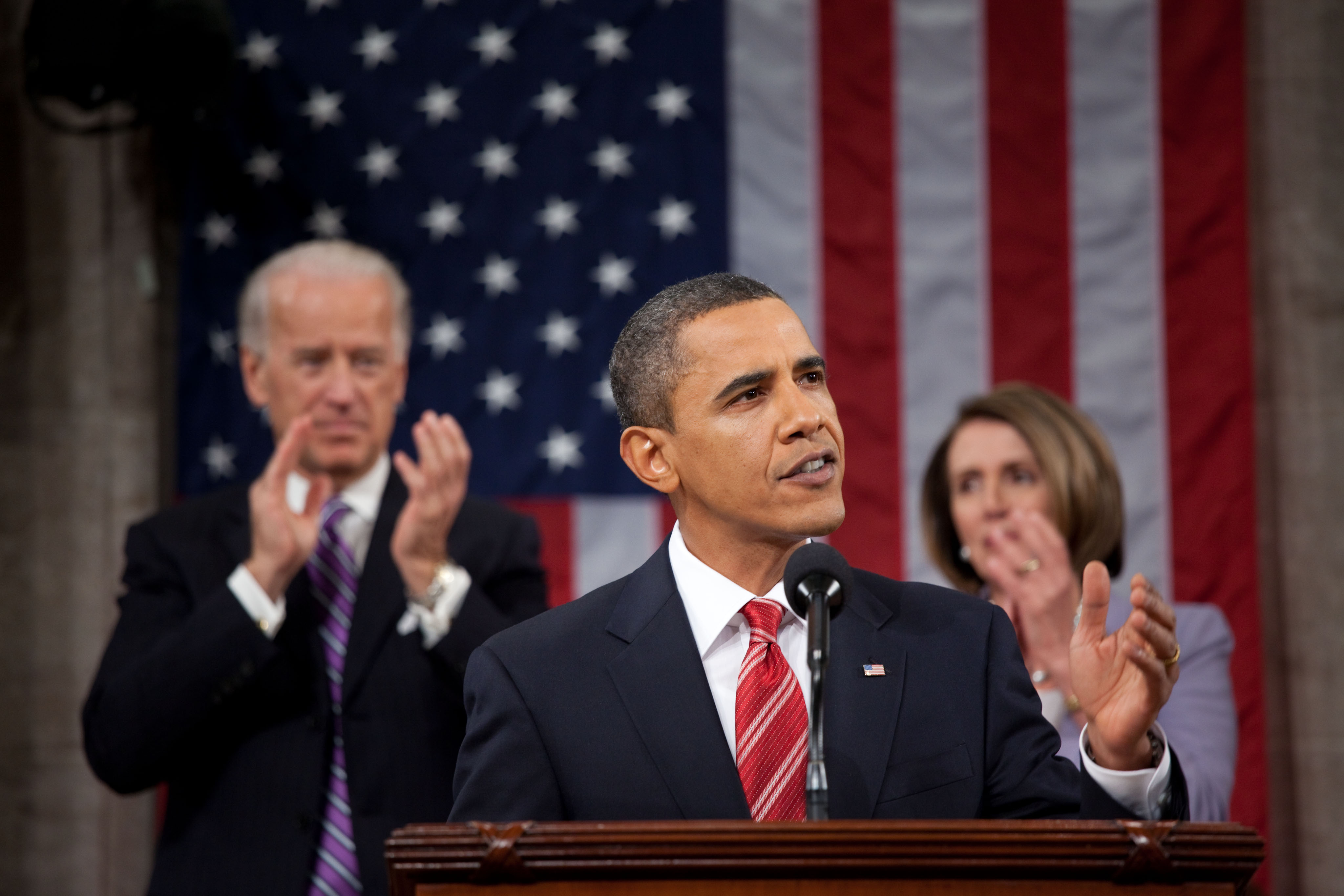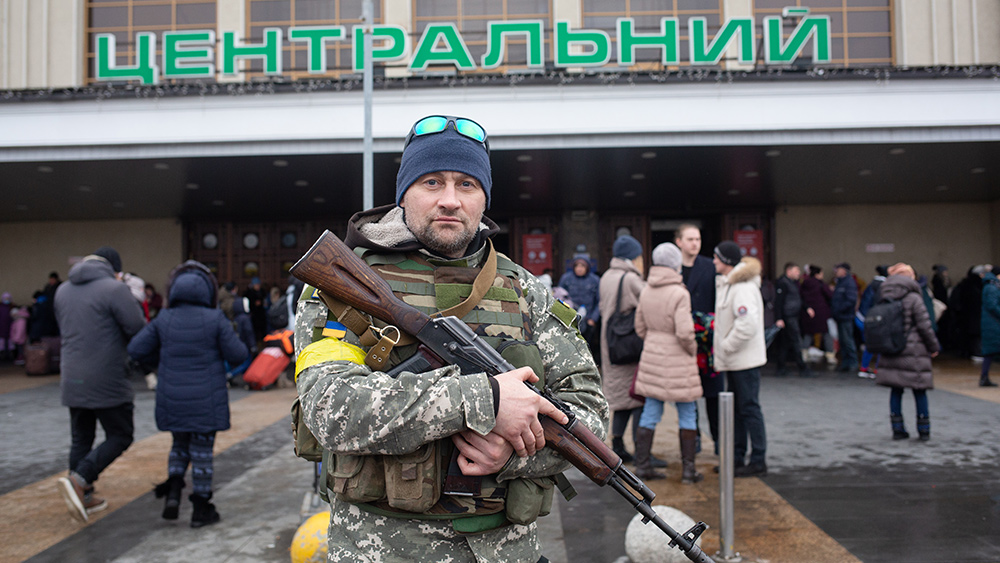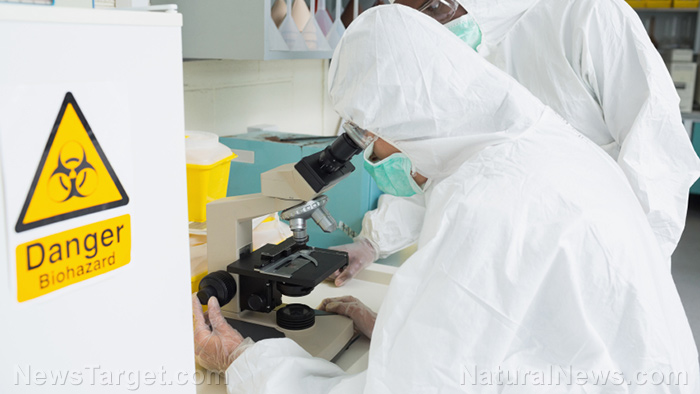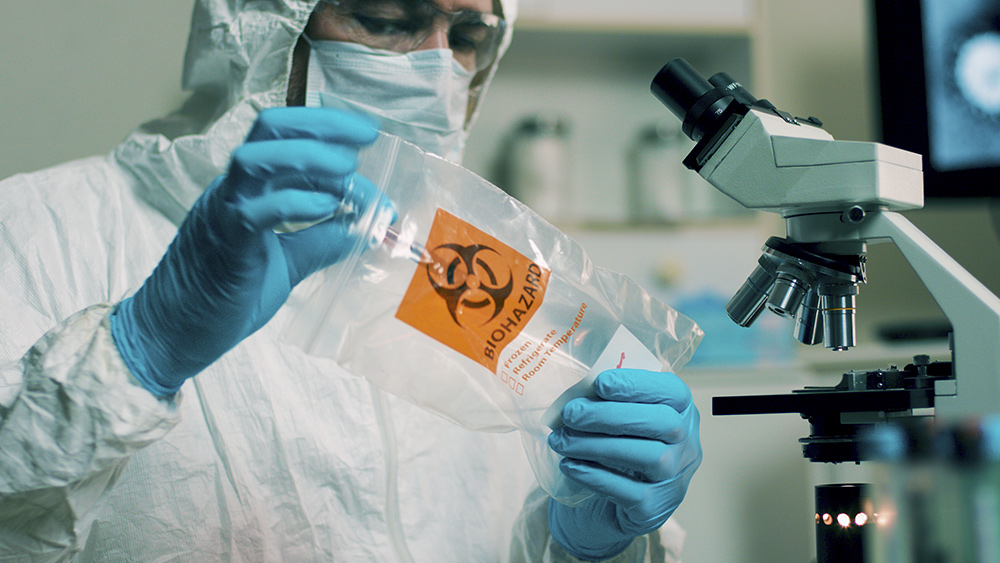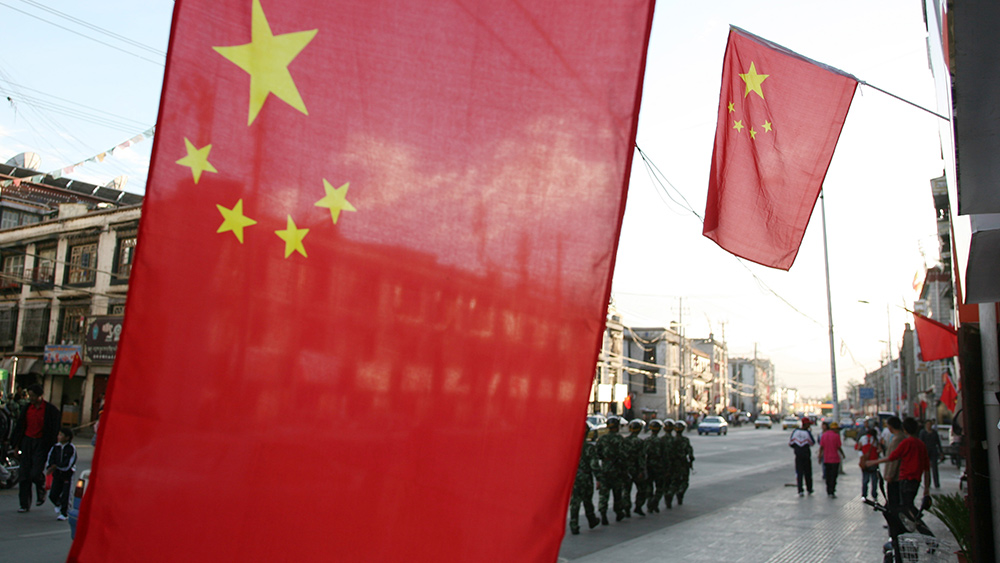Document proves that U.S. government is guilty as charged over allegations it is engaged in bioweapons development in several countries
03/18/2022 / By JD Heyes
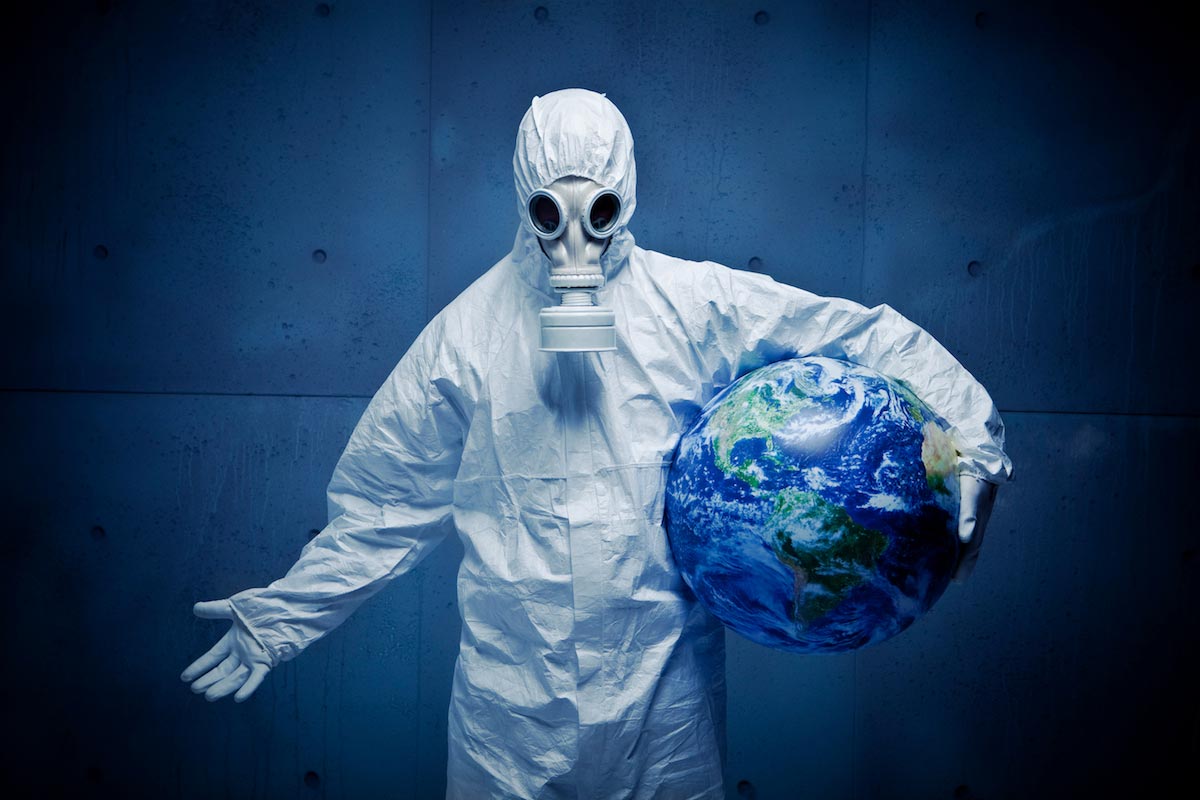
Russia and China have accused the United States of sponsoring bioweapons research labs in several countries, though Washington has vehemently denied the allegations.
But a newly uncovered document appears to prove what Moscow and Beijing are saying.
The document, originally posted in March 2015 and updated in January 2019, is titled, “Research and Development Directorate (RD) Chief Scientist and Innovations Department (RD-ST) Fundamental Research to Counter Weapons of Mass Destruction (C-WMD),” from the Defense Threat Reduction Agency, describes how the agency built and funded bio-labs in several countries through 2024.
The “broad agency announcement” seeks to fund “fundamental research” which is further described as “basic and applied research in science and engineering, the results of which ordinarily are published and shared broadly within the scientific community, as distinguished from proprietary research and from industrial development, design, production, and product utilization, the results of which ordinarily are restricted for proprietary or national security reasons.”
Part of the effort involves “Cooperative Counter WMD Research with Global Partners” that includes developing techniques to “counter” weapons of mass destruction. It “involves exploratory basic and applied research that will address opportunities to reduce, eliminate, and counter WMD across the Chemical, Biological, Radiological, Nuclear, and High Explosive (CBRNE) spectrum,” the document says.
It also identifies which countries are involved, to include a specific focus on former Soviet satellite nations including Ukraine:
CBEP is interested in collaborative research engagements with foreign partners in any one of the following regions: Countries of the Former Soviet Union (FSU) (specifically, Armenia, Azerbaijan, Georgia, Kazakhstan, and Ukraine), Africa (including, but not limited to, Kenya, Tanzania Uganda, South Africa), Southeast Asia (including, but not limited to, Cambodia, Indonesia, Laos, Malaysia, Philippines, Thailand), and Middle Eastern /South Asian countries (including, but not limited to, Afghanistan, Iraq, India and Pakistan). CBEP encourages proposers to develop projects in conjunction with foreign institutions in CBEP-engaged countries.
The document also appears to suggest that actual research involves coming up with WMD countermeasures, which would necessarily include the development of bio-substances in order to learn how to combat them.
“Fundamental science for chemical and biological (CB) defense includes science and technology research that advances knowledge in physical and life sciences to defend and counter chemical and biological WMD that could be used against our Nation’s warfighters,” the document notes.
“Fundamental research efforts enable capabilities such as development of improved detection devices for traditional and nontraditional chemical agents; development of diagnostics for existing and emerging infectious disease threats; increasing knowledge and improved capabilities for development of new or improved medical and material countermeasures to CB threats for both pre- and post-exposure scenarios; enhanced personal protection against, modeling of, prevention of, or decontamination of CB threats; and providing effective elimination strategies via non-kinetic approaches for threat agent destruction, neutralization and/or sequestration,” it continues.
The document makes further reference to developing an “active defense” against bioweapons, which also suggests an ongoing program to manufacture them.
“Fundamental science for protection involves advancing knowledge in physical, biological, and engineering sciences to protect personnel, sensitive electronic systems, and structural infrastructure from the effects of weapons of mass destruction. Protection includes both passive and active defense against threats,” it says.
On Friday, Russia accused the U.S. of manufacturing bioweapons in Ukraine during a session of the UN Security Council, but ahead of the meeting, U.S. officials were already accusing Moscow of spreading ‘misinformation.’
“This is exactly the kind of false flag effort we have warned Russia might initiate to justify a biological or chemical weapons attack,” Olivia Dalton, spokesperson for the U.S. Mission to the United Nations said late Thursday. “We’re not going to let Russia gaslight the world or use the U.N. Security Council as a venue for promoting their disinformation.”
The document from the Threat Reduction Agency would seem to refute that denial.
Sources include:
Submit a correction >>
Tagged Under:
accusation, allegation, biolab, biological weapons, bioterrorism, bioweapons, bioweapons lab, covert, funding, funding request, Russia, threat reduction, Ukraine, United Nations, United States
This article may contain statements that reflect the opinion of the author
RECENT NEWS & ARTICLES
COPYRIGHT © 2017 WHITE HOUSE NEWS

